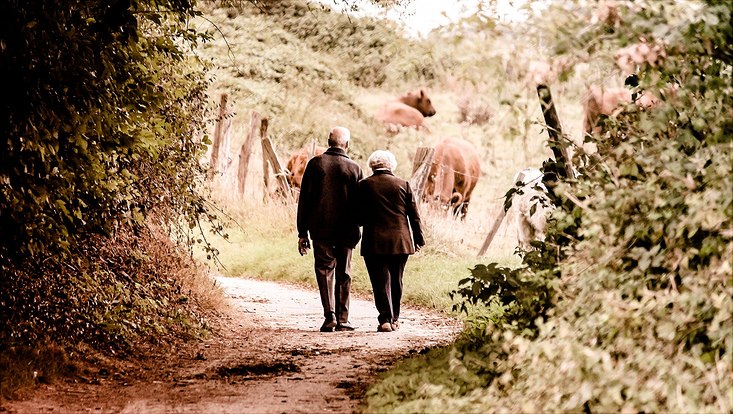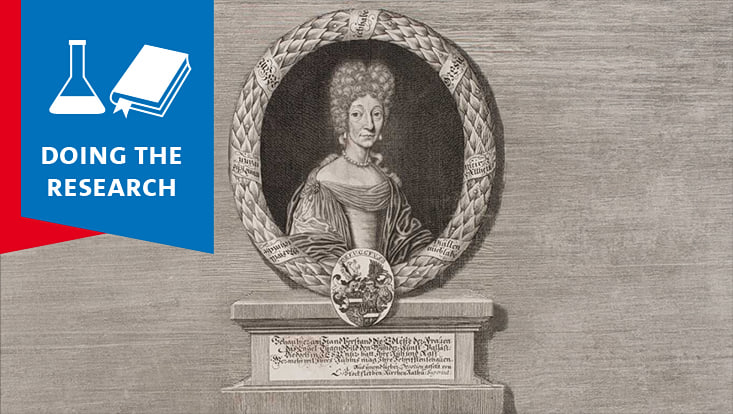Special issue of the European Journal of AgeingWhat do people think about aging? An overview of the current state of research
22 December 2020, by Anna Priebe

Photo: pixabay/PICNIC-Foto-Soest
Universität Hamburg participates in a research network that examines notions of age and their impact. A special issue of the European Journal of Ageing presents an overview of the current state of research.
The developments brought about by the COVID-19 pandemic have highlighted the importance of research into notions and ideas of aging. Older people and the elderly have been treated like a barely differentiated high-risk group; they have been portrayed as vulnerable, helpless, and in need of social protection. This reductionist attitude threatens to undermine efforts to establish more differentiated notions of age and reduce age-based discrimination.
This is the domain of an academic network dedicated to researching notions of age and a dynamic model of lifespans: Images of Aging: Via a Dynamic Life-Span Model to New Perspectives for Research and Practise and funded by the German Research Foundation. Über ein dynamisches Lebensspannen-Modell zu neuen Perspektiven für Forschung und Praxis“ setzt genau da an. It consists of 12 researchers from various universities and research institutions. The team is headed by Dr. Verena Klusmann, stand-in professor of health sciences and director of the health sciences subject group at Universität Hamburg since 2018, and Dr. Anna E. Kornadt of the Université du Luxembourg. They present their key findings in the new special issue of European Journal of Ageing.
A better understanding of positive aging
In 8 articles, international researchers report on their latest theoretical, methodological, and empirical findings on the representation, development, and impact of notions of age over the course of a lifespan. One article, for instance, examines ideas about our own aging and that of others and the differences observable in older and younger people. Other results show that people who feel younger tend to take up other everyday activities and live longer than those who feel older. A further work highlights that people who are physically active tend to feel younger for up to 20 years, while critical, health-related life events give us a more negative view of aging.
Dr. Verena Klusmann explains: “We want to provide a comprehensive and current overview of existing notions of aging and their impact on our society. Our aim is to facilitate a better understanding of positive aging.” The special issue also contains a theoretical work presenting a lifespan-based approach to notions of aging and a systematic review spearheaded by Dr. Verena Klusmann. The latter work analyzes 89 tools for measuring perceptions of age and proposes a number of innovative approaches.
Publication
The special issue of European Journal of Ageing is available online.


